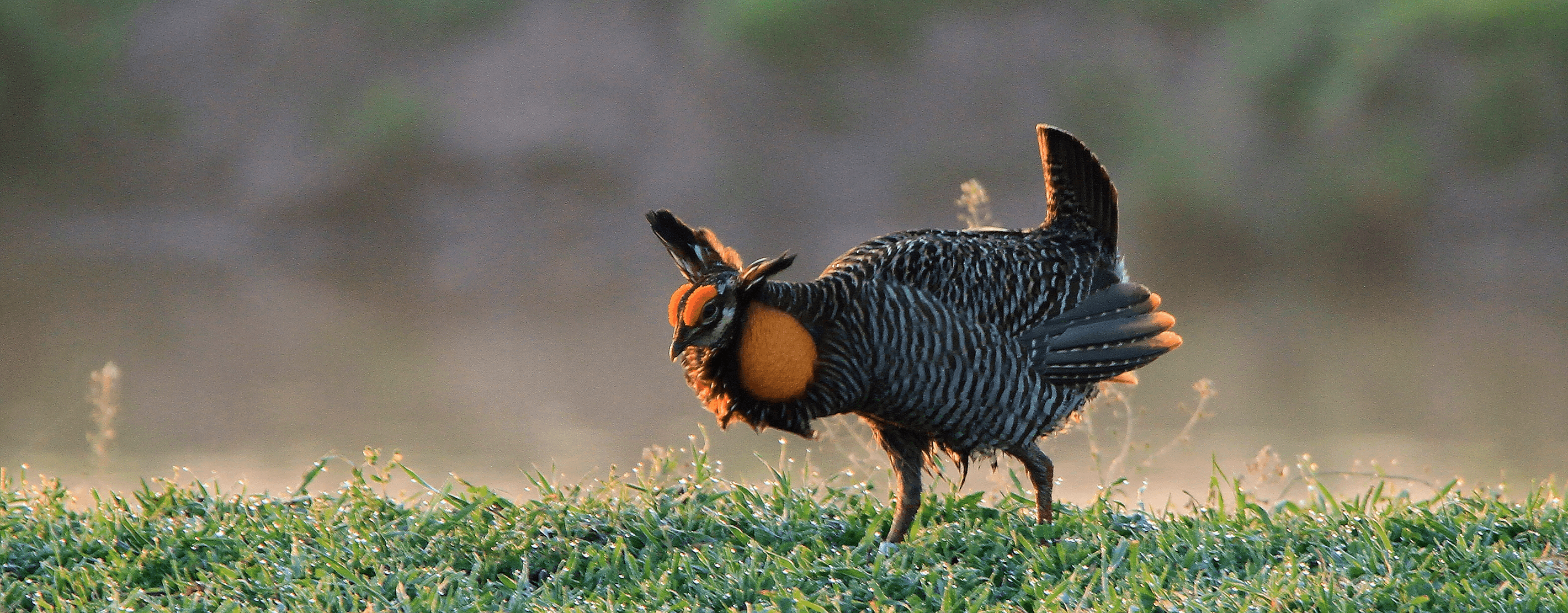
We are a power player in the exotic animal feed business
Here are five (much) lesser-known animals our Mazuri business helps feed
While you most likely know Land O'Lakes as a butter company, we're actually a farm-to-fork cooperative that does a whole lot more. From ag tech platforms to superb dairy products to...feeding exotic zoo animals.
Mazuri Exotic Animal Nutrition is part of our Purina feed business. It’s a world leader in making sure the animals you visit at the zoo -- or those being saved from extinction -- are kept healthy and happy.
Here are just a few:
Maned wolf: Its name can be deceptive as it looks more like a fox bred with a wolf. While the Canadian timber wolf we are most familiar with in northern Minnesota is carnivorous, the maned wolf, found in South America in places such as Brazil and Bolivia, is more omnivorous. Instead of hunting small prey like their northern cousin, they are often found on the hunt for greenery such as lobeira, a fruit which resembles a tomato.
-
What's Land O'Lakes’s role? Our Mazuri Exotic Animal Nutrition feed business sells to zoos, breeders and into the retail market. Because maned wolves have a unique genetic disorder that affects protein metabolism in about 25 percent of the population, Mazuri’s nutritionists worked with the Association of Zoos and Aquariums maned wolf nutrition advisor to create a specialized diet to help support this rare species.
Attwater's prairie chickens (pictured above): Almost 120 years ago, these prairie chickens were a dime a dozen and far from being extinct in states like such as Texas and Louisiana. It's now one of the most endangered birds in North America. The National Fish and Wildlife Foundation estimates there are only about 110 remaining in the wild and about 300 in zoos and wildlife centers.
-
Mazuri supports this conservation effort by working with the U.S. Fish and Wildlife Service to develop specialized life-stage diets, which are then fed at breeding centers to help generate a larger population, some of which are reintroduced back into the wild.
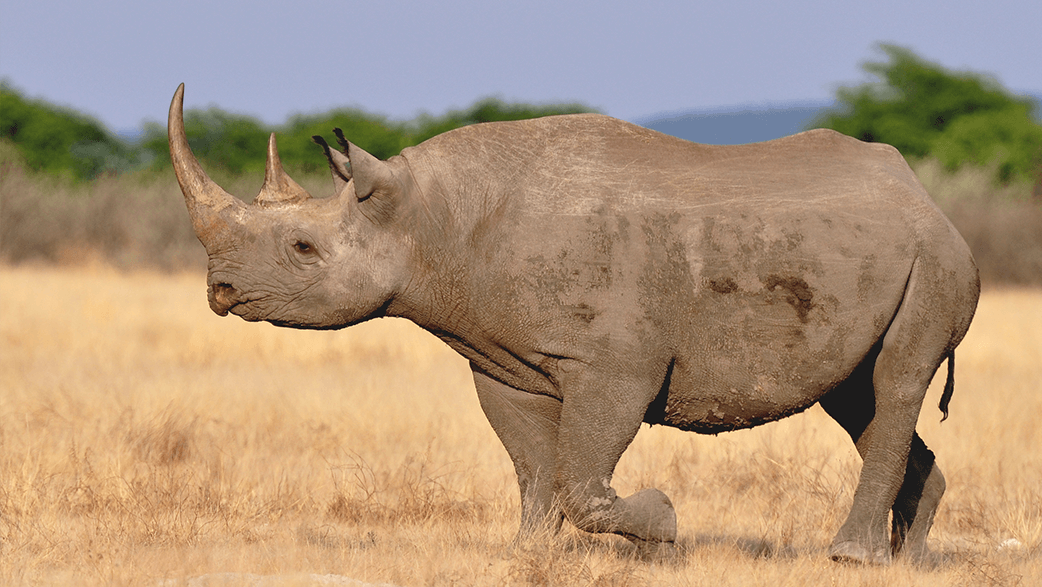
Black rhinoceros: Of the five species of rhinos, this critically endangered South African rhino is the smallest, weighing in at around 2,000 pounds. The black rhino population has decreased by 97 percent since 1960, mainly due to poaching. It’s considered a browsing herbivore, meaning they commonly eat twigs, shrubs and leaves, which they grasp with their prehensile lips—as opposed to their relative the white rhino, which has a blunt mouth and grazes mainly on grass like cattle.
-
Black rhinos have been hard to keep in managed care because of a unique health disorder affecting iron metabolism, so Mazuri worked with nutritionists specializing in this species to help create the first lower-iron diet. The diet helps conservation efforts in zoos throughout the country as they manage this wonderful species.
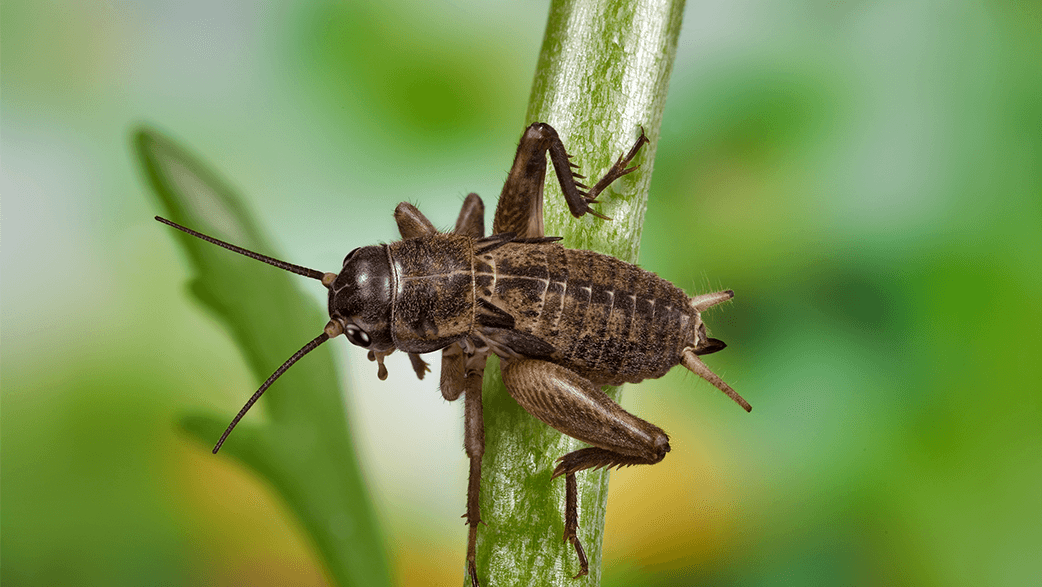
Crickets: Well, here's a species you all are likely familiar with—crickets. Perhaps less charismatic or majestic than the three previous creatures, Mazuri sells truckloads of feed to breeders throughout the country. While crickets are native to your front door step, they are not so easy to catch when you need them to feed to your pets.
-
These crickets, in addition to mealworms, waxworms, and cockroaches (which Mazuri also feeds), are then fed to insect-eating animals such as lizards, amphibians, small mammals or birds. The quality of the feed consumed by the insects directly impacts their nutritional value for the animals to which they are ultimately fed.
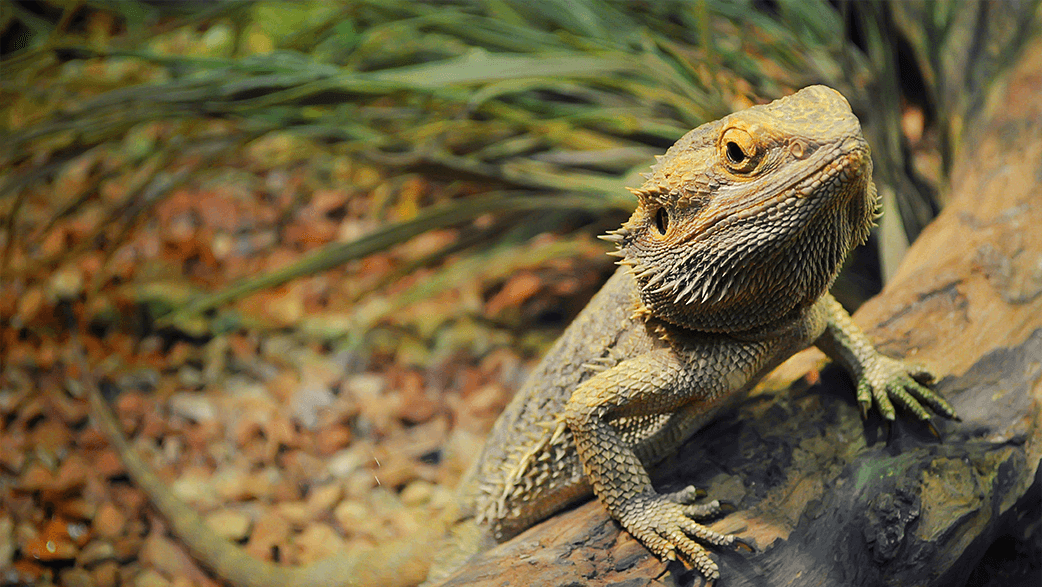
Bearded dragon: Far from fire breathing, the bearded dragon's roots go back to Australia. They're commonly kept as pets in homes or in zoos. These small lizards, commonly seen in pet stores, can grow up to 2 feet long.
-
In the wild, their diet consists of mainly insects, but in someone’s home, they require other nutrients that commonly-fed insects are unable to provide. Mazuri recognized this and designed a pelleted feed so zoos or people keeping them as pets can provide them with the nutrition they need to keep them happy and healthy.

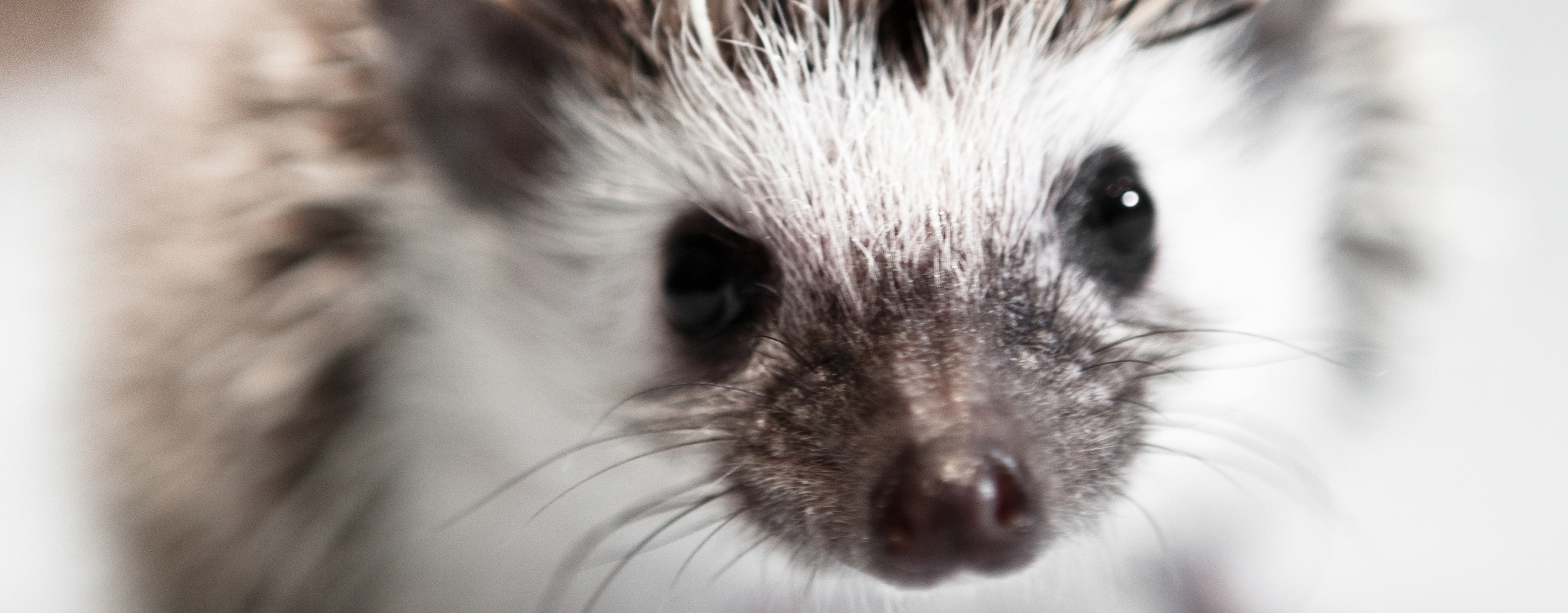
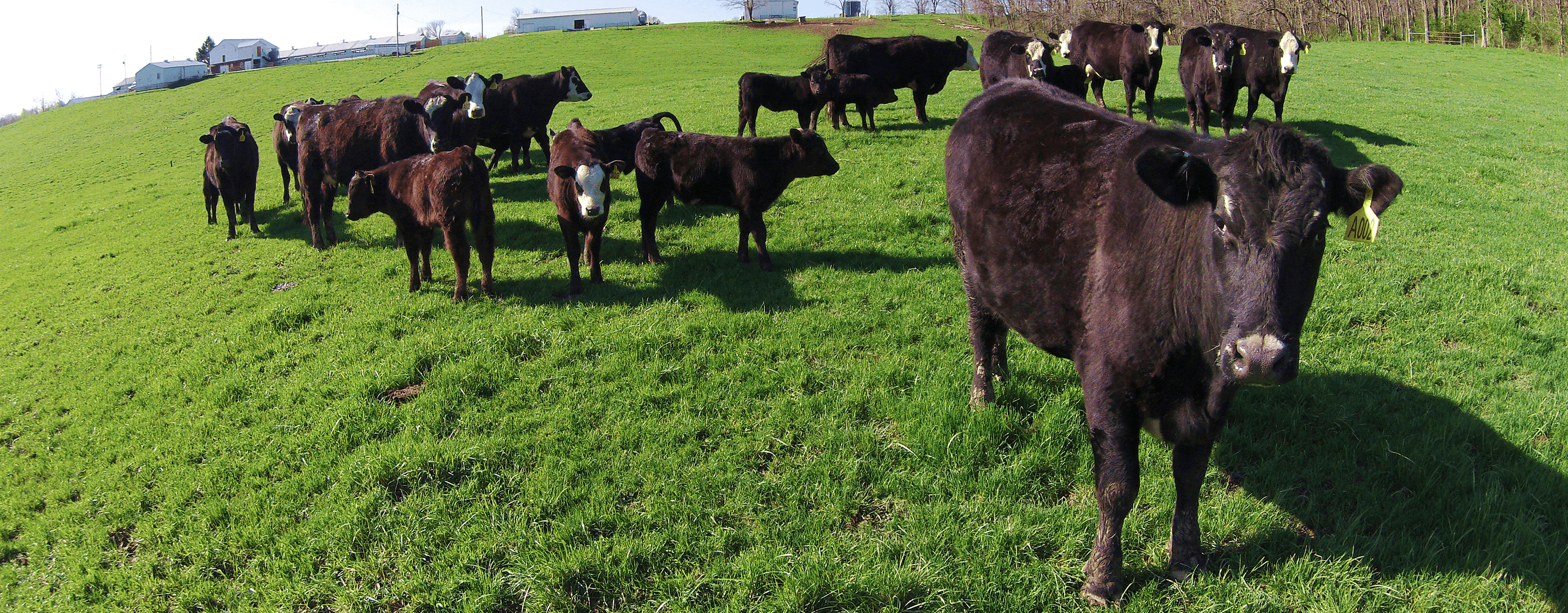

Share